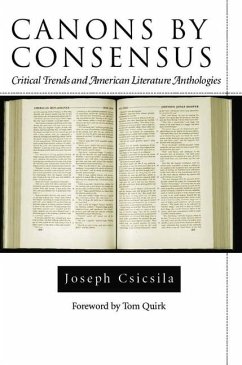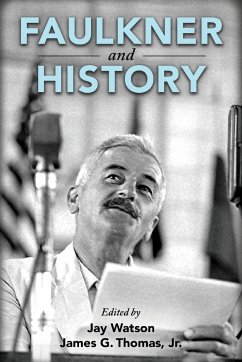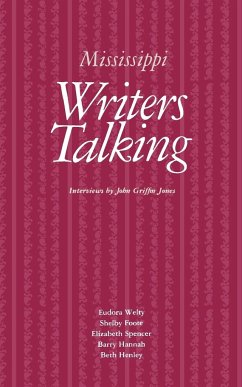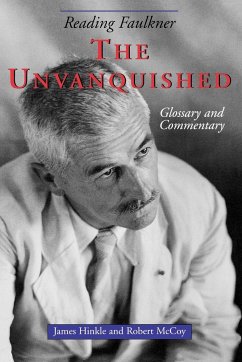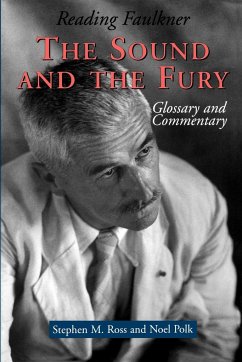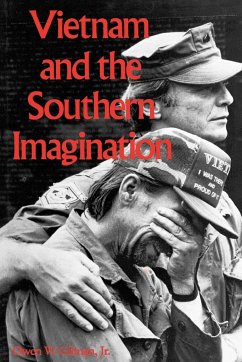
Wallace Stevens and Literary Canons
Versandkostenfrei!
Versandfertig in 1-2 Wochen
40,99 €
inkl. MwSt.

PAYBACK Punkte
20 °P sammeln!
Wallace Stevens and Literary Canons by John Timberman Newcomb This revealing study traces the mechanism of literary evaluation by which the work of Wallace Stevens became a central and revered part of the treasury of modern American poetry. It is a study of literary canonization, and though focused only upon Stevens, it sheds a strong ray of light upon the processes of canon formation operating in twentieth-century America. Canonization is a phenomenon of literary culture. This analysis of how a writer advanced to the modern poetic canon is not only a study in literary criticism but also an ex...
Wallace Stevens and Literary Canons by John Timberman Newcomb This revealing study traces the mechanism of literary evaluation by which the work of Wallace Stevens became a central and revered part of the treasury of modern American poetry. It is a study of literary canonization, and though focused only upon Stevens, it sheds a strong ray of light upon the processes of canon formation operating in twentieth-century America. Canonization is a phenomenon of literary culture. This analysis of how a writer advanced to the modern poetic canon is not only a study in literary criticism but also an examination of other types of literary enterprise-anthologies, textbooks, the work of other writers, the evaluations and decisions of publishers-that act and react in the formation of the canon. This study shows also how historical, ideological, and aesthetic factors figure into the literary equation that governs canon formation. Most recent biographical studies of Stevens offer a traditional view of the man and his poetry as monumental, self-contained entities of great value. In contrast, Wallace Stevens and Literary Canons evaluates the critical discourse on Stevens and treats it as an essential part of the culture and history from which it arose and gained prominence. Thus this study is not yet another interpretive reading of Stevens so much as a history of readings which analyze his life and work as they became significant to the broader literary culture. It analyzes Stevens's reception among his literary critics and in various institutions and ideological groups. The formation of the Stevens canon, as this book shows, was influenced by how he was treated in the work of other poets and artists, how he appears in letters, biographies, and histories of the period, how often he was represented in anthologies, surveys, and textbooks, and how he was affected by attitudes of prize-giving and subsidizing bodies and by academic pedagogy and publishing practices. Literary canonization is a process of continual reconstitution. This book argues that the character and the value of Stevens's poetry has been governed by the broad conception of modern poetic values as they formed and shifted through the decades. Re-evaluations persist as modern poetic theory evolves, oscillates, and undergoes reconception. John Timberman Newcomb is a professor of English at the University of Illinois.






